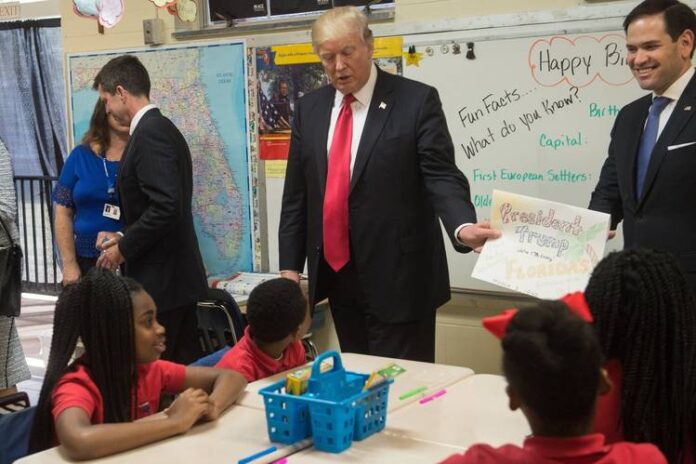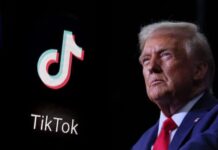President Trump has revived debate on education through policies that raise school choice momentum across the country. His new executive order is aimed at maximizing funding opportunities for school choice initiatives, allowing greater numbers of families to send children to private schools using taxpayer funds. This step is a continuation of activity at a number of state legislatures to create or expand education savings accounts, vouchers, and scholarships.
A Federal Initiative for School Choice
Trump signed an executive order in January directing federal agencies to fund school choice initiatives. The order authorizes states, military families, and tribal communities to get federal funding to supplement private school tuition, charter schools, and other forms of education outside of public education. Advocates argue school choice provides parents with greater authority over the education of their children, particularly in school districts with failing public schools.
In addition, Republican congressional lawmakers are proceeding with a bill that would give $10 billion annually in tax credits to businesses and individuals who contribute to private-school scholarship funds. It is a critical signal of the federal school choice trend, continuing momentum already being established at the state level.
Also read: Greenlanders’ Viral MAGA Hat Sparks Global Protest
State-Level Expansion and Controversies
During the past two years, more than a dozen states have enacted or grown school choice programs that allow families to spend public money on private schools. This year alone, Idaho, Tennessee, and Wyoming legislated new programs, and Kansas, Ohio, and Texas are debating similar proposals.
Tennessee’s new system, for example, will issue 20,000 $7,000 scholarships, initially to low-income families and eventually to all students. Texas considers a voucher plan featuring a $10,000 per-student grant, with additional funds for children with disabilities. These proposals join a movement away from family income limits on school choice programs and toward more general programs that have been characterized as universal.
Despite the recent burst of school choice bills, opposition remains strong. Critics argue that draining public funds into private schools defeats the purpose of public education. Teachers unions, proponents of public schools, and numerous rural lawmakers believe such measures unnecessarily prejudice lower-income students who rely on public schools. Budget concerns are also cited by critics, since most students making use of vouchers were already attending private schools, adding additional cost to states.
Effect of the COVID-19 Pandemic
The momentum for school choice accelerated during the COVID-19 pandemic as parents became more interested in their children’s education. Frustration with prolonged public school closures and curriculum secrecy issues led many to seek alternatives. Education experts note that parents’ increased awareness of their children’s educational environments played a significant role in fueling school choice momentum.
Challenges and Ballot Defeats
While legislative wins have propelled school choice forward, a few proposals have been defeated on the ballot. Colorado, Nebraska, and Kentucky voters rejected initiatives to expand school choice programs, showing ongoing cynicism. Critics argue that school choice movements are politically and donor-motivated by special interests and not popular demand across the board.
Despite opposition, Trump’s policies have provided a significant boost to school choice momentum. With continued federal backing, more states may follow, reshaping the education landscape in the years to come.








